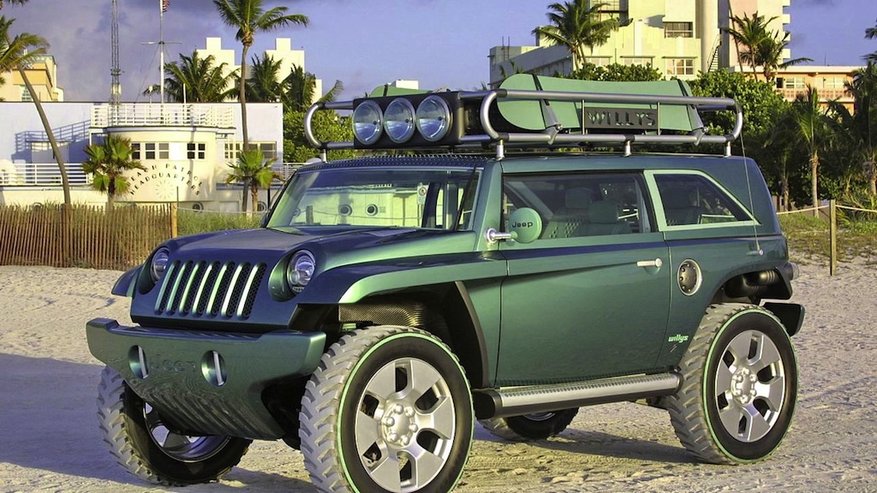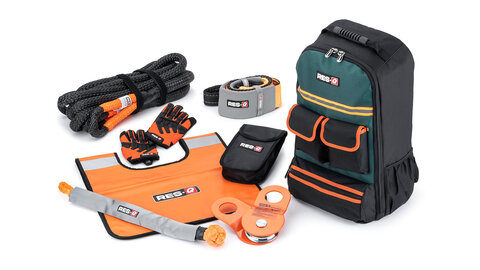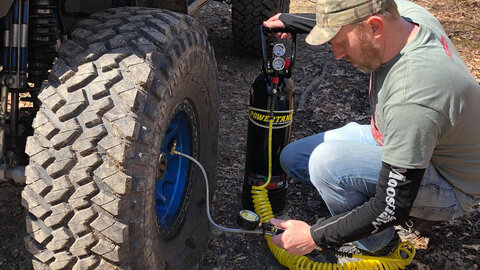When you think of a Willys Jeep these days, it is most likely either an old school World War 2-era M-series, or one of the newer JK Wrangler editions, that comes to mind. Yet not so long ago, right around 2001, Chrysler was preparing to go to battle against GMC’s Hummer brand, and one of the weapons it thought about using was a series of concept vehicles dubbed ‘Willys’
“Willys embodies the Jeep brand’s core values of fun, freedom and legendary capability, generating interest from the young and young at heart,” said Jordan Meadows, who was then the Product Designer at Chrysler Group’s Pacifica Advanced Design Center in Carlsbad, Calif.
The Willys 2 may have been the most interesting and functional of these concept ideas, and first premiered at the Tokyo Auto Show in 2001. It arrived sporting an Action Green finish with gray and green plastics that took color cues from the era’s popular Apple iMac computer. The Willys 2 also featured 21-inch wheels designed to prove the vehicle was every bit as off-road capable as the Jeep name implied. This was important to the brand, as Hummer was about to launch the H2, which Jeep believed was a direct threat to its off-road dominance. Company engineers even made sure to waterproof just about everything inside the vehicle, so it could be hosed down at a moment's notice as they believed this would add another level of luster.
“We call it the pure American,” said Trevor Creed, then Senior Vice President of Design for the Chrysler Group about the Willys concepts. “The Jeep Willys usefulness and versatility were developed to exist in ecological harmony with nature, while being perfectly suited for the rigors of an active lifestyle.”
The Willys 2 concept utilized a lightweight aluminum frame and carbon-fiber body that also featured a roof rack with fullsize spare tire holder. Its hardtop was removable and also incorporated an integrated luggage carrier, as well as three fog and search lamps.
Underneath the hood, the Willys 2 concept was powered by a 1.6L I-4 engine mated to a four-speed automatic transmission capable of 160 horsepower and 155 lb-ft of torque. It’s top speed capped out around 90 miles-per-hour, while it could hit 0-60 in about 10 seconds. But thankfully speed and track times were not the goal of this concept - off-road performance was - and as such Chrysler added a custom suspension that had independent front and solid rear axles, with coil springs on all four wheels. Couple that to a 95-inch wheelbase, along with the vehicle’s low center of gravity and full-time four-wheel drive, and you have the ‘go anywhere’ concept Chrysler’s engineers wanted.
Alas, despite the Jeep Willys concepts winning a Gold Award in the 2001 Industrial Design Excellence Competition, they never went beyond the concept stage for Chrysler. The company decided to move in a different direction and unveiled the production Jeep Liberty in 2002 – a vehicle which did incorporate body and chassis elements from the Willys concepts.





















